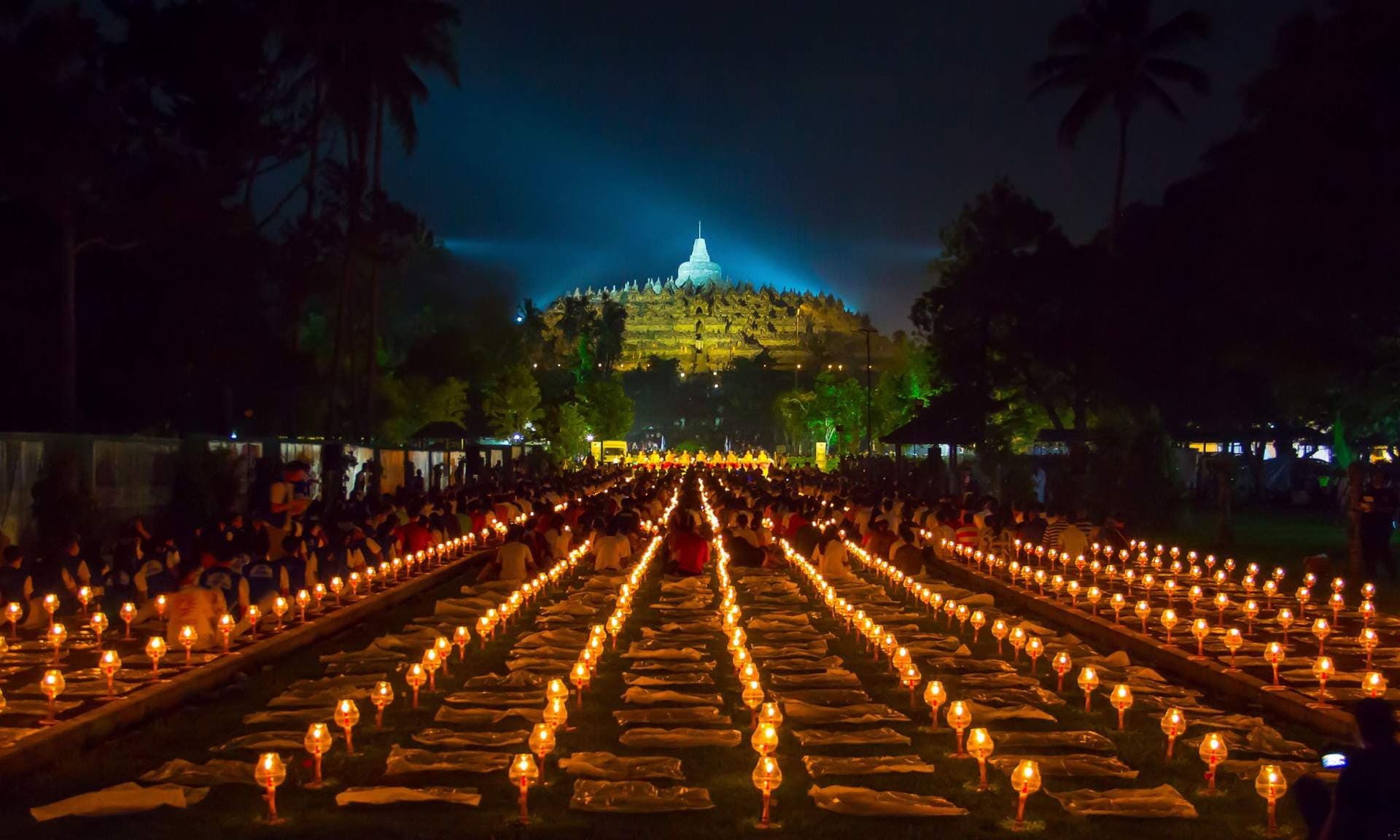Religions have been an integral part of human history since ancient times, shaping the worldview, way of life, and value systems of entire peoples. Through temples, rituals, sacred texts, and traditions, religions have influenced architecture, art, law, and education. Even in the digital age of technology and online entertainment, spiritual heritage continues to impact culture and society. Let us explore how world religions shaped civilization and how their influence remains to this day.
Spiritual Traditions as the Foundation of Cultural Identity
From the earliest times, religions have played a crucial role in the development of human societies. Buddhism, Christianity, Islam, Hinduism, and Judaism — each of these world religions has significantly influenced the formation of cultural norms, artistic expression, and social structures. In Portugal, where the Catholic tradition is deeply rooted in architecture, festivals, family values, and even language, religious influence can be traced in almost every aspect of life.
Religion serves not only as a source of moral norms but also as inspiration for art. Medieval cathedrals, frescoes, and musical compositions reflect humanity’s aspiration for the divine and the unknowable. Many cultural monuments — from Indian temples to Byzantine mosaics — were created specifically in a religious context. Even in the modern era, where globalization and technology set the pace, religious art remains an integral part of cultural heritage. Traveling through Lisbon or Porto, one can see how old churches coexist harmoniously with modern galleries and digital entertainment centers. People combine the traditional with the new, the spiritual with the virtual — for example, admiring Baroque icons by day and spending the evening enjoying online entertainment, including games, social platforms, and even virtual Casinos e Apostas, which have become part of digital culture.
Religions as a Source of Law, Morality, and Social Order
Religious norms initially laid the foundation for law. The Ten Commandments in Judaism and Christianity, Sharia in Islam, Dharma in Hinduism — all of these shaped the concepts of justice, permissible boundaries, and punishment. These systems regulated not only spiritual but also secular life. Over time, many religious principles were transformed into secular laws, yet their foundation remained the same — the protection of human dignity and order.
Special attention should be paid to the influence of religions on the educational system. The first schools and universities in Europe emerged around monasteries and cathedrals. In the Islamic world, madrasas became centers of knowledge, where not only theology but also mathematics, medicine, and astronomy were developed. In India, Vedic schools taught philosophy, languages, and sciences. This shows that religion was not a limitation of thought but rather a stimulus for the development of knowledge and exploration of the world.
Religion and Social Solidarity
World religions have also served as a unifying force. Rituals, holidays, and pilgrimages contribute to a sense of belonging, strengthening connections between generations and regions. In Portugal, Catholic celebrations such as Easter or the Feast of Saint Anthony still gather thousands of people despite the growing secularization of society. People participate in Masses, street processions, and family meals, and all this remains an important part of social life.
Furthermore, religious organizations have long played an active role in charity, helping the poor and the sick. Parishes, monasteries, and Islamic zakat funds provided support to those in difficult life situations. Today, religious foundations in Portugal continue to support families, migrants, and the homeless.
The Evolution of Religion in the Digital Age
Modern times present new challenges to religious systems. Young people increasingly turn to the internet in search of spiritual answers; religious texts become available in digital format; virtual prayer rooms and online consultations with clergy appear. Even the Pope actively uses social networks to address believers around the world. In this context, religion loses its monopoly on shaping public morality but gains new tools for engaging in dialogue with society.
Just as the entertainment industry moves online — from streaming platforms to casinos available on mobile devices — religion adapts to the digital reality. This does not mean a loss of meaning; on the contrary, it brings religion closer to the individual, especially to the younger generation. For Portuguese society, where tradition is valued but innovation also inspires, this coexistence of tradition and technology opens a path to a harmonious future.
Conclusion — A Bridge Between the Past and the Future
The role of world religions in shaping culture and civilization is undeniable. It is not only the past, preserved in stone and frescoes, but also a living present, permeating everyday life. Religion has shaped moral guidelines, inspired great works of art and literature, and laid the foundation for legal and educational institutions. In Portugal, religious heritage is an inseparable part of national identity, and its interaction with modern forms of life is proof of how the spiritual can adapt while preserving its depth and value.
Today, as the boundaries between tradition and innovation become increasingly blurred, it is especially important to remember that spiritual roots are not an obstacle but a foundation for meaningful progress.
